Leadership Influence: The Startling Deterioration of American Philosophy Departments
Here are just a few reasons why philosophy is so crucial:
- Critical-Thinking Skills: Philosophy encourages individuals to think critically, analyze information, and evaluate different perspectives. In a world dominated by rapid technological advances and information overload, the ability to discern truth from falsehood is invaluable.
- Ethical Decisionmaking: The integration of AI into our lives raises numerous ethical questions. From privacy concerns to the ethical use of AI in warfare, citizens need a strong ethical foundation to navigate these complex issues. Philosophy provides the tools to develop moral reasoning and understand the consequences of our actions.
- Creativity and Innovation: As AI automates routine tasks, creativity becomes increasingly important. Philosophy encourages creative thinking and problem-solving, skills that are essential for innovation in a tech-driven world.
- Adaptability and Resilience: In the face of swift technological advancements, adaptability becomes crucial. Philosophy teaches us how to think flexibly and deal with uncertainty, fostering resilience in the face of challenges.
- Understanding Human Values and Emotions: In a world in which AI is becoming more prevalent, understanding what makes us human is crucial. Philosophy helps us explore complex human emotions, values, and relationships, fostering empathy and emotional intelligence.
- Preparation for the Future: Philosophy equips individuals with critical thinking, ethical reasoning, creativity, adaptability, and emotional intelligence. These skills are essential for success in a technology-driven society.
Author: John Mac Ghlionn
Date: July 05, 2024
You can read the article: Click here
In 2014, according to the QS World University Rankings, the United States boasted eight of the top college philosophy departments in the world. A decade later, that number has been halved, with only four U.S. institutions remaining in the top 10. To some, this might seem inconsequential. “So what?” they might say. “Philosophy is absolutely useless; it serves no practical purpose, especially in the age of artificial intelligence.” Such attitudes are not only lazy and uninformed, however, but dangerously shortsighted.
Philosophy, far from being an antiquated discipline, is more crucial now than ever. As artificial intelligence, ethical dilemmas, and existential questions pervade our daily lives, the timeless discipline of philosophy offers a crucial lens through which to navigate the complexities of our modern world. In a landscape characterized by uncertainty and rapid transformation, philosophy serves as a beacon of intellectual clarity and moral guidance, inviting us to engage with fundamental questions about ethics, knowledge, meaning, and the human experience.
Philosophy teaches us to consider, reflect, and reason effectively. It challenges us to question our assumptions, understand different perspectives, and articulate our ideas with precision. These are skills that are not just beneficial but essential in an era in which information is abundant but wisdom scarce.
Sadly, though, in recent times philosophy has entered the realm of academic absurdity, with departments finding more and more inventive ways to squander taxpayers’ money—such as, for example, by publishing papers on the metaphysics of puns. Yes, you read that right. While dizzying technological advances threaten to upend whole economies and cultures, ivory-tower intellectuals are busy dissecting the ontological status of wordplay.
The fact that academics are devoting time to exploring the type-token theory of words and its application to puns is, for lack of a better word, preposterous. And the puns-based paper is not merely a footnote in some obscure journal. It was published in Synthese, a reputable outlet for serious philosophical discourse. The paper argues for a novel account of puns based on “nominalist views of words” to address some supposed indeterminacy in the current theories. Imagine the hours of deep thought, peer reviews, and academic resources poured into unraveling the pun’s metaphysical essence. This is not just a harmless exercise in intellectual frivolity; it’s a profound misallocation of public funds. Philosophy, a discipline that could be engaging with pressing ethical dilemmas, the nature of consciousness, or the intricacies of justice, instead chooses to ponder the essence of a joke.
What’s particularly galling is the self-referential nature of this academic exercise. Papers like these are not intended for the public, who fund much of the research, but for other academics, who will cite, critique, and expand upon this cerebral navel-gazing. It’s an echo chamber, wherein relevance to the real world is an afterthought at best.
This isn’t just a one-off anomaly. The trend toward hyper-specialized, esoteric topics that border on the nonsensical is growing. Look at the broader context of metaphysical and epistemological studies—volume upon volume dedicated to debates that have zero impact outside of the cloistered walls of academia (or that are aggressively leftist and annoying). Meanwhile, the public’s patience and funding wear thin, and philosophy departments crumble away.
In an era in which the cold, metallic hand of AI stretches ominously over every aspect of our lives, philosophy is more vital than ever. We don’t need ivory-tower intellectuals churning out frivolous dissertations on obscure trivialities. We need philosophers who can deliver the goods, offering real, substantive insights that cut through the digital fog. This is a time for heavyweights, not lightweight nonsense.
As we integrate AI into healthcare and the criminal-justice system, the ethical implications will become increasingly profound. How should we handle privacy in a world where our data are constantly being collected and analyzed? What responsibilities do we have to prevent AI from exacerbating social inequalities? These are not questions that can be answered by engineers or computer scientists alone. They require the nuanced understanding and ethical foresight that philosophy provides.
Furthermore, philosophy is not just about abstract theorizing, or at least it shouldn’t be. It has practical applications that are vital for the functioning of a democratic society. The ability to engage in reasoned debate, and to think logically and critically, is foundational to the health of our public discourse. Without these skills, we are more susceptible to manipulation and demagoguery. We become a society driven by emotion and misinformation rather than reason and evidence.
Here are just a few reasons why philosophy is so crucial:
1. Critical-Thinking Skills: Philosophy encourages individuals to think critically, analyze information, and evaluate different perspectives. In a world dominated by rapid technological advances and information overload, the ability to discern truth from falsehood is invaluable.
2. Ethical Decisionmaking: The integration of AI into our lives raises numerous ethical questions. From privacy concerns to the ethical use of AI in warfare, citizens need a strong ethical foundation to navigate these complex issues. Philosophy provides the tools to develop moral reasoning and understand the consequences of our actions.
3. Creativity and Innovation: As AI automates routine tasks, creativity becomes increasingly important. Philosophy encourages creative thinking and problem-solving, skills that are essential for innovation in a tech-driven world.
4. Adaptability and Resilience: In the face of swift technological advancements, adaptability becomes crucial. Philosophy teaches us how to think flexibly and deal with uncertainty, fostering resilience in the face of challenges.
5. Understanding Human Values and Emotions: In a world in which AI is becoming more prevalent, understanding what makes us human is crucial. Philosophy helps us explore complex human emotions, values, and relationships, fostering empathy and emotional intelligence.
6. Preparation for the Future: Philosophy equips individuals with critical thinking, ethical reasoning, creativity, adaptability, and emotional intelligence. These skills are essential for success in a technology-driven society.
Despite the critical importance of philosophy, it is liable to be sidelined in favor of more “practical” subjects—when it isn’t digging its own grave, that is. This trend is driven by a shortsighted focus on immediate economic returns rather than long-term intellectual and moral development. Universities in general are cutting funding for humanities departments, and philosophy is often the first to go. This is not just an academic issue; it reflects a broader societal undervaluation of the skills and insights that philosophy provides.
The decline of philosophy departments in the U.S. is not just a loss for academia but for society as a whole. It signals a shift towards a utilitarian view of education that values immediate economic benefits over the cultivation of a well-rounded, thoughtful citizenry. This trend is particularly troubling in an age in which we face unprecedented ethical and existential challenges. From mental health issues to AI, the problems we face today require not just technical solutions but profound ethical and philosophical reflection.
Moreover, the decline in philosophy’s prominence has far-reaching implications for public discourse. Because sound bites and superficial arguments often dominate today’s conversations, the ability to think deeply and critically is more important than ever. Philosophy teaches us to engage with complex ideas, to consider different perspectives, and to reason logically. These are the skills that underpin a healthy democracy.
The erosion of philosophy departments is a symptom of a widespread societal problem: the undervaluation of the humanities and the corruption of humanities departments by the very practitioners who should know better. We are becoming a society that values economic utility over intellectual and moral development. This is a dangerous trend, particularly at a time when we face complex and unprecedented challenges that require deep and thoughtful engagement.
John Mac Ghlionn is a psychosocial researcher and essayist. His work has been published by the New York Post, Sydney Morning Herald, Newsweek, National Review, and the Spectator (U.S.). He covers psychology and social relations and has a keen interest in social dysfunction and media manipulation.
Let’s discuss a tailor-made interview to meet your audience’s needs.
Virtual speaking event? No problem!
Check out my Speaker page HERE.
To schedule, a call contact me at danita@danitabye.com



No Comments